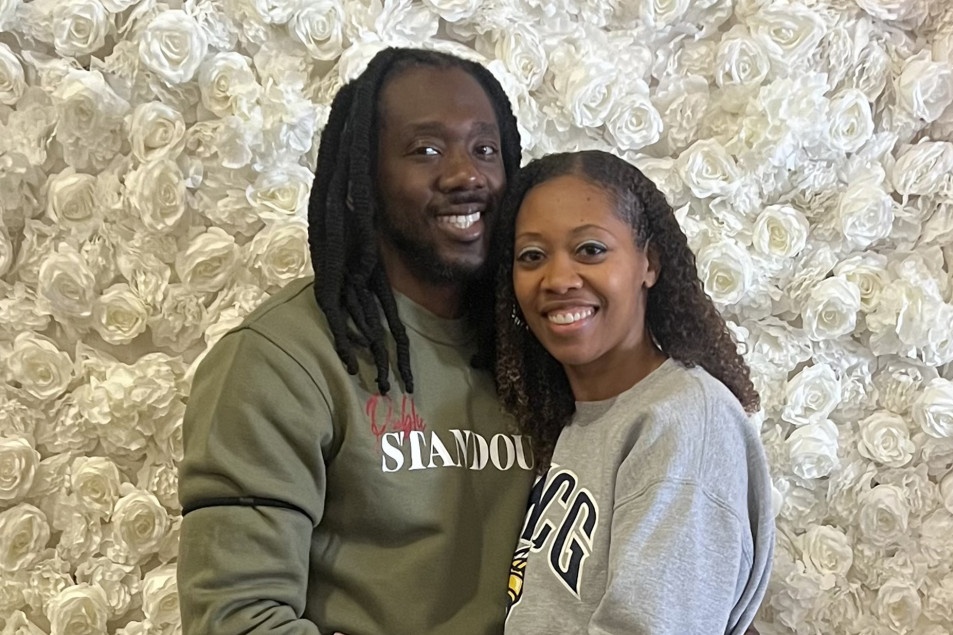Expectations play a crucial role in how happy a marriage will be. People bring to their marriage expectations about minor things (leaving the toilet seat up/down), common issues (money, housework, in-laws, sex, free time), and deeper, often hidden issues (how power will be shared or not shared, how caring will be demonstrated). If unreasonable, unstated, or unmet, expectations can become a source of significant conflict and can lead to marital failure.
How do expectations develop? We develop our expectations from what we have seen, heard, and experienced over time in our family of origin (e.g., what your parents said or did), our previous relationships (e.g., friendships, dating partners, prior marriage), and our culture (e.g., movies, religion, ethnic background). Like sponges, we soak up images of marital and family life and learn how couples should act in a marriage. In fact, some expectations are so ingrained that we are not even fully aware of them.
What do you expect in a relationship? In their book, Fighting for Your Marriage (Jossey-Bass, 2010), Howard Markman, Scott Stanley, and Susan Blumberg report that most people’s expectations about the way things should be in a relationship are centered on three major areas:
- Boundaries. Where does the line around the couple go? Who is in it, and who is out of it? How much independence is OK between the two partners?
- Investment. How much time and effort does each partner feel the other should be putting into the relationship? What expressions of caring does each partner prefer?
- Control and power. Who makes which decisions? Is power shared? How?
Have you and your partner openly and honestly discussed your expectations for your relationship? Markman and his colleagues suggest that in order to positively handle expectations, you need to:
- Be aware of what you expect. People bring to marriage a host of expectations that are never made clear. Does your partner know yours? Do you know his/hers?
- Be reasonable in what you expect. Just having an expectation does not make it reasonable or realistic. Is it an expectation you, as a couple, can meet, or does it have to be changed?
- Be clear about what you expect. Expectations must be expressed; people aren’t mind readers. Be willing to express your expectations in a respectful manner, and evaluate, discuss, and adjust them.
- Be motivated to meet your mate’s expectations. Early relationships often flourish because partners are attentive to knowing and meeting each other’s needs. Unfortunately, as our lives become busy with other things we sometimes forget to pay attention to those needs. Make a conscious effort to know and meet your partner’s expectations.
Markman, Stanley, and Blumberg caution that it’s not as important for partners to have all the same expectations. Instead, what matters most is for each partner to try to meet the important and realistic desires of the other.
Activity
Regularly plan time to share and discuss your expectations, where they come from, the degree that they are clear and reasonable, and how you can met each other’s needs. Here are a few topics, from Fighting for Your Marriage, to help get you started:
- Romance. What is romantic for you?
- Your sexual relationship. Frequency? Practices? Taboos?
- Children. Do you want (more) children? When? How far apart?
- Household tasks. Who does what?
- Handling problems. Do you want to talk these out? If so, how? When?
For more resources, visit healthyrelationships.uga.edu and ElevateCouplesGeorgia.com.









